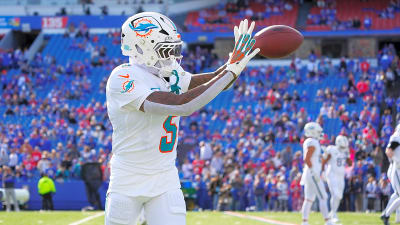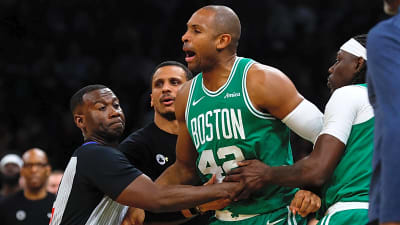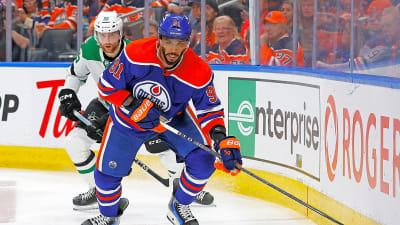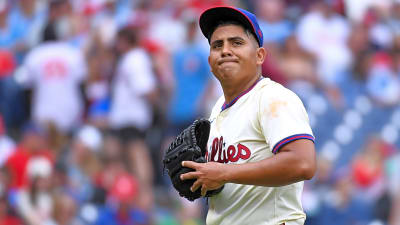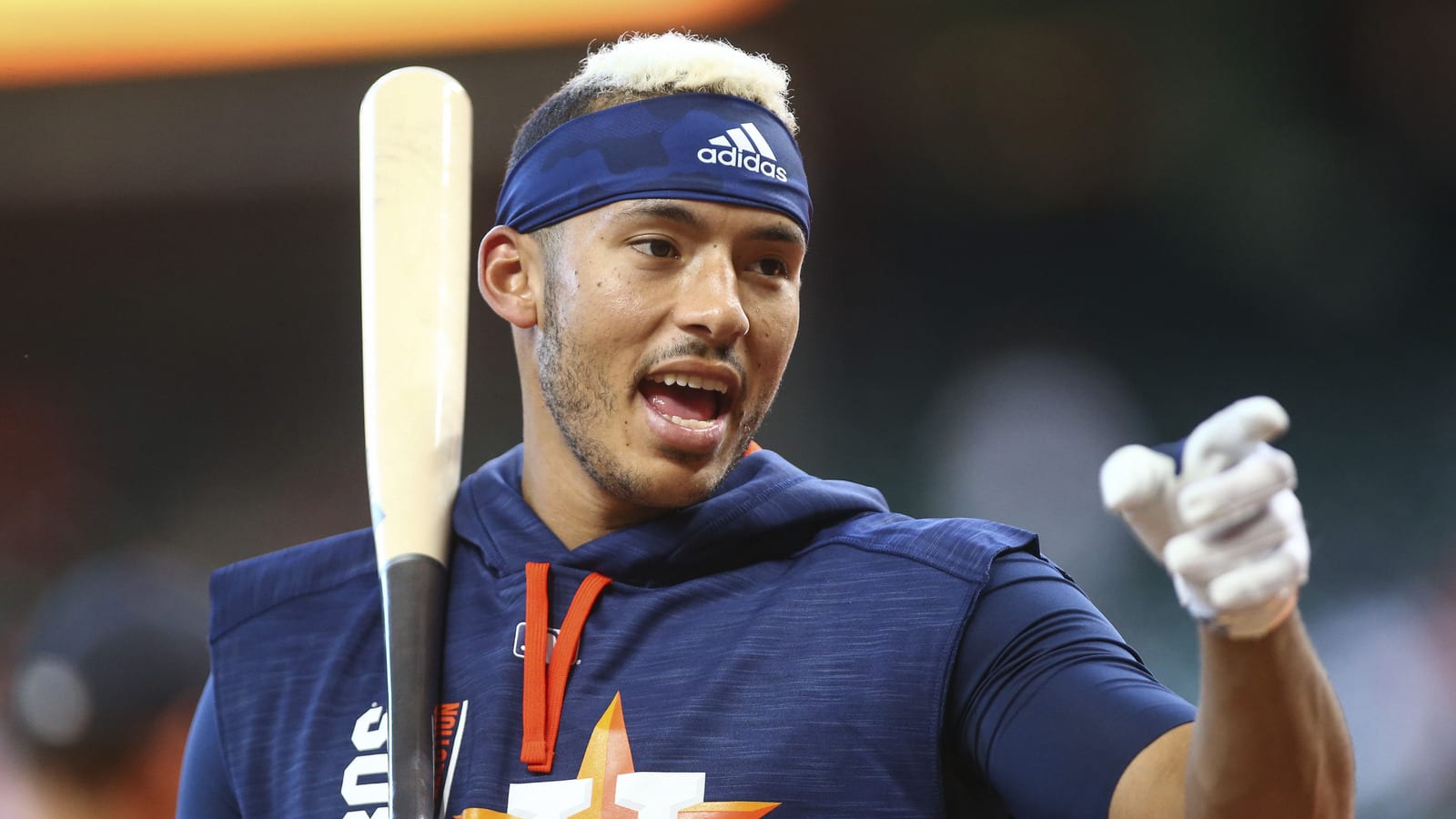
How the Astros are following the Cubs' blueprint to the top
There is a showdown taking place this week between two of the biggest dogs in the American League yard. In one corner stands the Cleveland Indians, the reigning AL champions, who look far from ready to relinquish their crown atop the league. In opposition to the Tribe stand the Houston Astros, who have run out of the gate in 2017 to a 13-6 record, tying them for the most wins in the game in the young season.
Expectations were high for the Astros entering the year, as they spent the offseason making aggressive veteran additions to their impressive young core. The idea was to plug the holes that saw them take a sizable step back in 2016, a year after being one of the breakout performers in the game. And thus far, that plan has paid immediate dividends.
Meanwhile, another team of similar age and approach is still celebrating its World Series victory over the same Indians that Astros have ahead of them. The Chicago Cubs executed a rags-to-riches rebuild and have the hardware to prove that their process, which involved smartly drafting and spending in a precise fashion, is the best possible way to climb the competitive ladder in the game today.
While those Cubs are the toast of the game right now, make no mistake about it — the Astros are in the best position of all to not only close that gap and interrupt the prophesied "era of the Cubs" that has been forecast upon us, but to outright take the throne for themselves.

The picture for the Astros is one that is much larger than just making up for lost time in a single season. It carries back to when they hit a shatterproof glass ceiling seven years ago and said enough is enough. Coming out of a second consecutive sub-.500 season and failing to make it above fourth place in the National League Central, they packed it in and called it quits.
Over the next four seasons, they went on one of the driest spells in Major League Baseball history, losing a total of 416 games between 2011 and 2014. It was all done by stripping the team down to its bare bones, shedding anything that made remotely high salary or was getting up in age. In the process, the Astros swapped from the National League Central to the American League West and completed one (if not the) biggest identity shift in modern baseball history.
All the while, the team was picking up assets in preparation of a making a massive rebound in short order. The list was simple: Reassemble the front office and then make the most creative and bold talent acquisitions possible.
The linchpin in it all was GM Jeff Luhnow, who cut his teeth in a St. Louis Cardinals system that had written the book in capitalizing on home-grown talent. In Luhnow’s first draft atop the team, he took a risk on a 17-year-old Puerto Rican shortstop by the name of Carlos Correa. Although Correa was not seen as the consensus top player available, he fit the mold of what the Astros were looking to do: build over time.
The following year, he took the top college arm on the market in Mark Appel and high-ceiling high school pitcher Lance McCullers Jr. The following year, with a third consecutive No. 1 overall pick, he selected high schooler Brady Aiken. While Aiken never signed due to a medical technicality, the team parlayed the return of that draft pick into All-American shortstop Alex Bregman and took outfielder Kyle Tucker with its other first-round pick.
Building through the draft was building in bulk, and as Correa ascended to become one of the top prospects in the game and an All-Star in short order, Bregman, who made a beeline through the minors, was on his heels. The final first-round pick made before Luhnow’s tenure, George Springer, soon joined the Astros and made a potent impact immediately, launching 15 home runs in just over two months after being promoted.
Yet while their talent was anticipated, it was the unexpected impact of Jose Altuve that truly began to propel Houston up the standings. A free agent signing out of Venezuela in 2008, nobody imagined that the 5-6 Altuve would go on to become the shortest All-Star in MLB history, in addition to becoming a two-time batting champ, but sometimes a dash of the unforeseen is essential in meeting lofty expectations. The good fortunes of the unexpected continued as a former seventh-round pick by the name of Dallas Keuchel won the 2015 AL Cy Young Award, providing the club with a much-needed front-line starting option.
Building through the draft and hitting a home run in international free agency were big, but the Astros' ability to make aggressive trades filled in the blanks of setting the club up for success. The acquisition of closer Ken Giles in exchange for four prospects, including Appel, assured that the back end of the bullpen would gain some depth and that the team could survive the lost expectations tied to trading Appel. An aggressive trade to add Evan Gattis, strategic wins in earlier forays into free agency with Luke Gregerson and landing a future All-Star in Will Harris off the waiver wire proved that the attention to detail in Houston was as precise as anywhere else in the game.
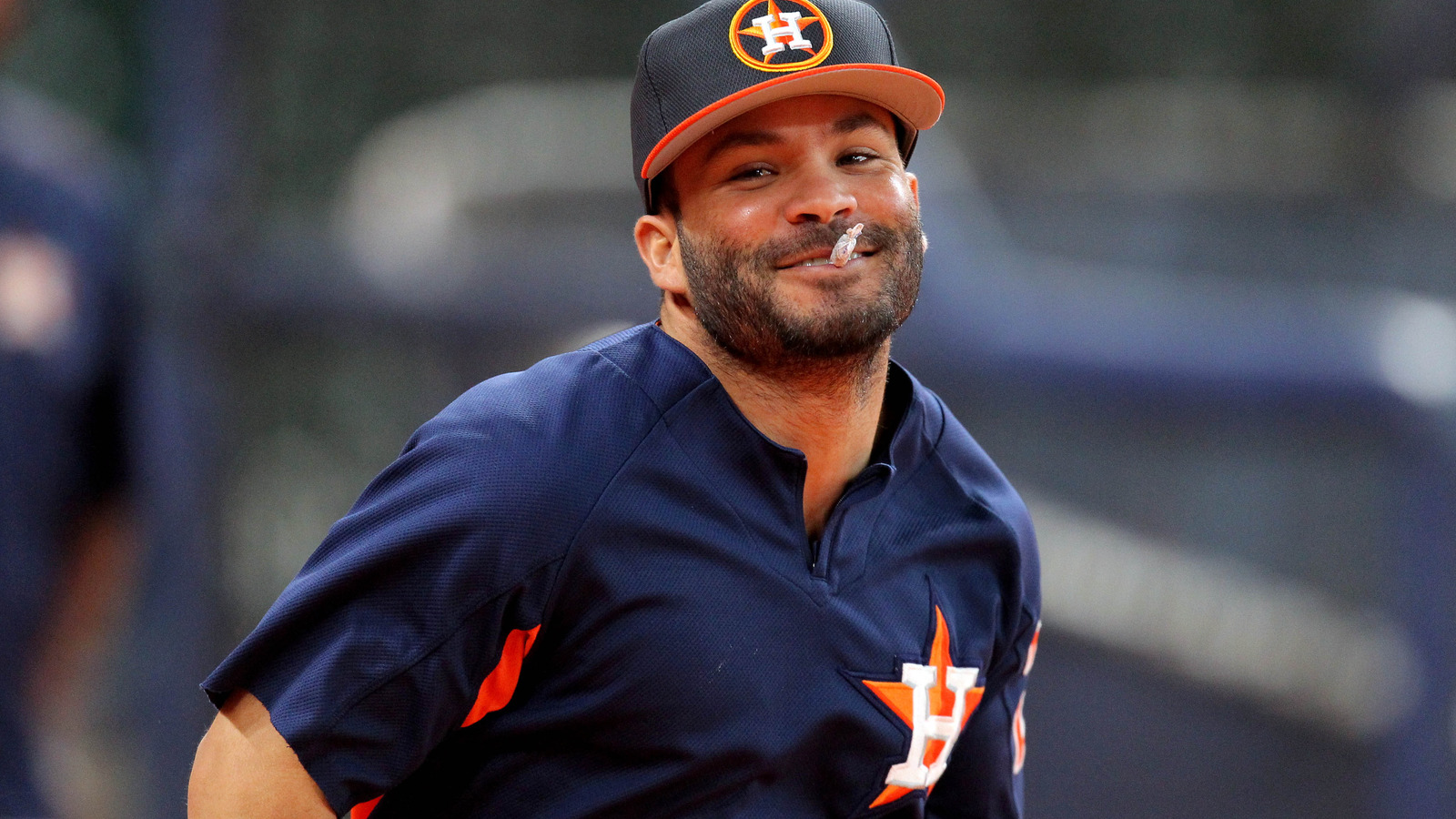
Still, all of this movement far from guarantees any measure of success, let alone the ability to be fairly compared to the well-oiled machine that is the Cubs. But the parallels are undeniable between the two, wiping the board of soured contractual obligations, followed by precise drafting decisions and the patience to let it all come together, while mostly avoiding the temptation of freely handing out the same type of long-term, quick-fix free agent deals to make fans happy in the moment and hamstring the team down the road. Both organizations took their lumps in order to set themselves up for more than just brief run at the top.
It all started when a new brain trust was brought in to the front office, with Luhnow’s direction-shifting impact having the potential to be on par as that of Theo Epstein and Jed Hoyer. Like Epstein, Luhnow landed his guy for the job on the bench the second time around when A.J. Hinch replaced Bo Porter, just as Joe Maddon did in succeeding Rick Renteria.
Houston’s Kris Bryant is Correa, a top three pick who immediately adapted and succeeded at a premium position. Like the Cubs, the Astros now pepper their roster with a handful of homegrown 20-somethings who are contributing at a high level early in their careers, only they are not Kyle Schwarber, Javy Baez and Albert Almora — rather they're Springer, McCullers and Bregman. In an all-important fashion, there is the dependable young veteran as well, with Altuve playing the role of Anthony Rizzo here.
There is a dual element of unforeseen payout in the rotation as well, as the 2015 Cy Young Award winners, Keuchel and Jake Arrieta, both emerged to lead their clubs seemingly from the abyss. The additions of Brian McCann, Josh Reddick, Carlos Beltran and Nori Aoki provided the fill-in-the-blank, veteran substance additions to steady the rough waters and provide some clubhouse guidance that every young team needs, regardless of its talent level.
The true final piece in the equation that the Astros have yet to unleash is the massive, direction-shifting free agent addition. It's an inevitable part of the process, and there is actually a clear opening for it in Houston.
When Jon Lester came to Chicago, things changed. He was a proven winner, a top-notch competitor and an eye-opening addition for a last-place club to make. He instantly changed the opinion on the Cubs, and it is no surprise that a rapid ascent to the postseason followed his arrival.
To date, it has not been time for the Astros to make that move yet. Perhaps the emergence of Keuchel slowed the need down, just as his struggles last year highlight the lingering importance of adding another elite arm to the mix. Perhaps this winter is the time, when Arrieta, Yu Darvish and potentially Johnny Cueto hit the market. But unlike being the pure catalyst that Lester was, that potential arm could be the final piece of the puzzle... or it could be just another add-on.
Back to the present, these Astros have walked all the paces and are performing on all cylinders. The immediate test against the Indians may not be more than an attractive early-season series between two teams that have the legs to meet again when the stakes are much higher. But in reality, it means much more; it is a chance for the Astros to announce their true arrival early on against a team that has proved its ability to go the distance. The 2017 Astros are testament to why in a game where the flash and dash of "winning the winter" is nice, there is greater reward in trusting the process and staying the course.
The champions in Chicago are proof positive of this, and if things continue to go the way they are in Space City, Jeff Luhnow’s pet project could soon be a masterpiece of the same final form as well.
More must-reads:
- Carlos Correa willing to listen to Astros contract offer
- Seven most impressive young cornerstone players in MLB today
- The 'Houston Astros retired numbers' quiz
Breaking News
Trending News
Customize Your Newsletter
 +
+
Get the latest news and rumors, customized to your favorite sports and teams. Emailed daily. Always free!
